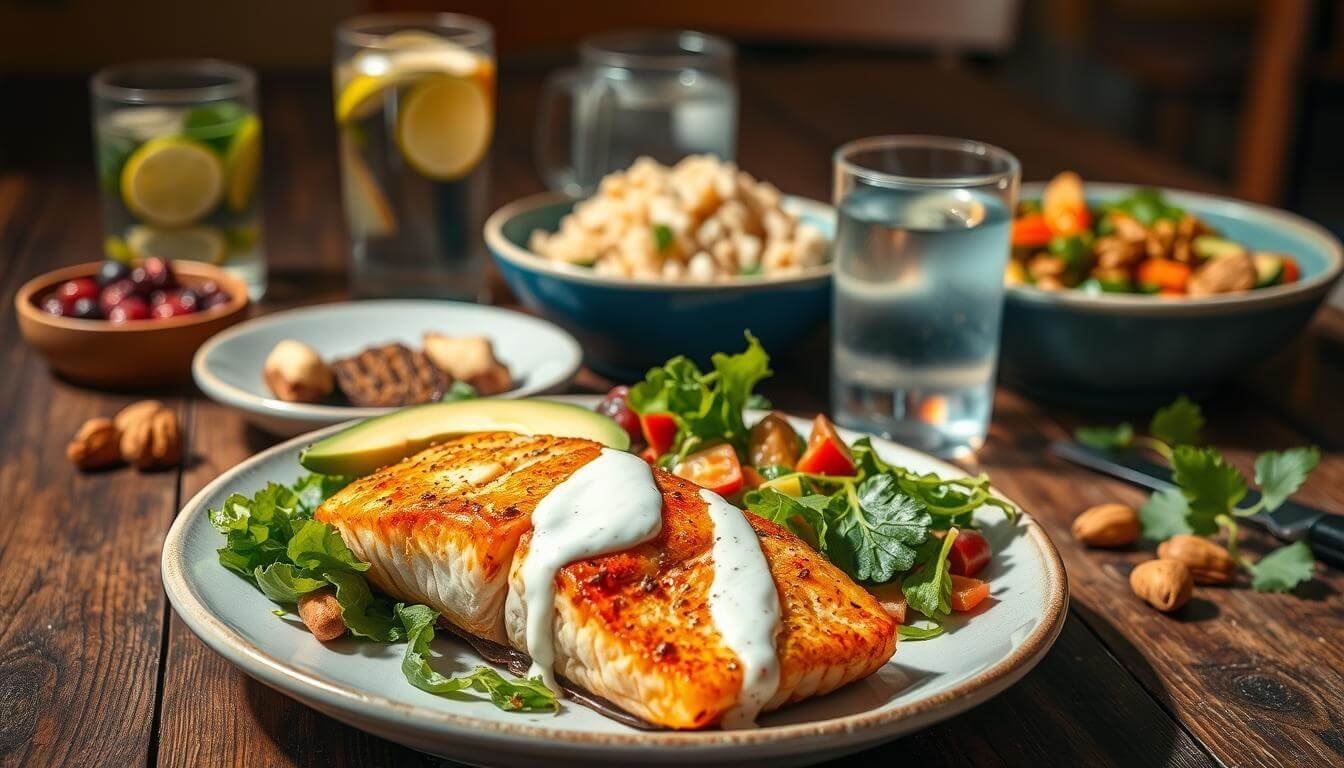Maria had tried everything. For years, she navigated the frustrating cycle of diets and exercise plans, only to see the scale barely budge. As a busy teacher and mom, her health was slipping, and the numbers from her last doctor’s visit were a wake-up call. Then, her doctor mentioned a new path: glp-1 agonists for weight loss.
This path involved a class of medications that were creating a major shift in healthcare. Originally developed to help manage blood sugar, these treatments—glp-1 agonists for weight loss—showed an unexpected benefit. Patients were experiencing significant changes in their body composition.
This comprehensive guide is here to walk you through that same journey. We’ll cut through the hype and provide clear, evidence-based information. You’ll learn how glp-1 agonists for weight loss work and hear about real patient experiences.





